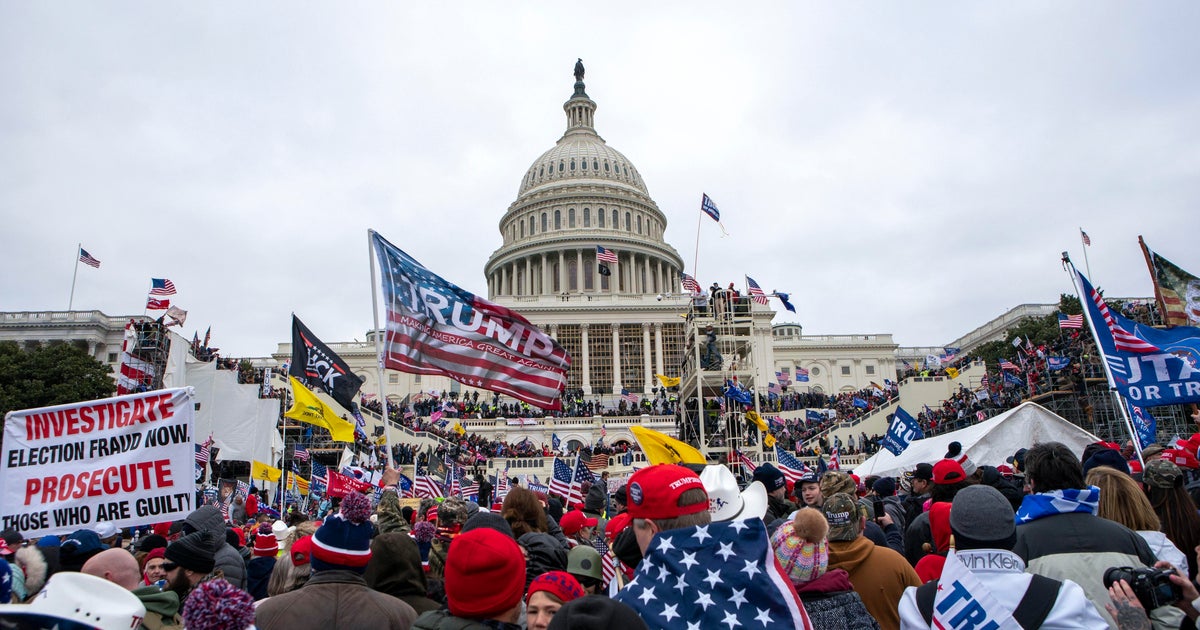China eases COVID rules after protests, maintains broader strategy

BEIJING (AP) — Chinese authorities eased some anti-virus rules but reaffirmed their tough “zero COVID” strategy Monday after protesters demanded that President Xi Jinping resign in the biggest show of opposition to the ruling Communist Party in decades.
The government has not commented on the protests or criticism of Xi, but the decision to ease at least some restrictions appears to have been aimed at quelling anger. All the same analysts don’t expect the government to abandon its COVID strategy and note that the authorities know how to suppress dissent.
It is not known how many people have been detained since the protests began on Friday and spread to cities including Shanghai, the country’s financial center, and the capital, Beijing.
Beijing city authorities announced on Monday that they will no longer install gates to block access to residential buildings where infections have been detected. It did not mention a deadly fire last week which sparked protests after questions about whether firefighters or victims trying to escape were blocked by locked doors or other anti-virus measures.
“Aisles must remain free for medical transportation, evacuation and rescue,” the city’s official in charge of epidemic control, Wang Daguang, said, according to China’s official news service.
Also, the southern manufacturing and trading metropolis of Guangzhou, the biggest flashpoint of China’s latest wave of infections, announced that some residents would no longer need mass testing. He referred to the need to save resources.
Urumqi, the site of the deadly fire, and another city in the northwestern Xinjiang region said markets and other businesses in low-risk areas would reopen this week and public bus services would resume.
Zero COVID, which aims to isolate every infected person, has helped keep the number of cases in China lower than in the US and other major countries. But it confined millions of people to their homes for up to four months, and some complained about the lack of reliable food and medical supplies.
The ruling party promised last month reduce disruption by changing the quarantine and other regulations. But public recognition weakens after a a surge in infections forced cities to tighten controls.
On Monday, the number of new daily cases rose to 40,347, including 36,525 without symptoms.
The ruling party’s People’s Daily has called for effective implementation of its anti-virus strategy, indicating that Xi’s government has no plans to change course.
“The facts have fully confirmed that every version of the prevention and control plan has withstood the test of practice,” writes the commentator of “Renmin Zhibao”.
Protests covered at least eight major cities. Most protesters complained of excessive restrictions, but some directed their anger at Xi, China’s most powerful leader since at least the 1980s. In a video verified by The Associated Press, a crowd in Shanghai on Saturday chanted, “Xi Jinping! Back off! PDA! Go away!”
Hours after police dispersed the demonstration, people returned to the same spot on Sunday to stage another protest. Dozens of people were detained during police sweeps and taken away in police vans and buses, although the exact number is unknown.
In one sweep, witnessed by an AP reporter, officers attacked bystanders at an intersection near an earlier protest site, even though the bystanders were not chanting or protesting in any visible way.
The British Broadcasting Corporation said one of its reporters was beaten, kicked, handcuffed and detained for several hours by Shanghai police, but was later released.
The BBC has criticized the Chinese authorities’ explanation that its reporter was detained to prevent him from contracting the coronavirus from the crowd. “We do not consider this a credible explanation,” the broadcaster said in a statement.
Chinese Foreign Ministry spokesman Zhao Lijian said the BBC reporter did not identify himself and “did not voluntarily present” his press credentials.
“Foreign journalists should consciously follow Chinese laws and regulations,” Zhao said.
Swiss broadcaster RTS reported that its correspondent and cameraman were detained during the live broadcast, but released a few minutes later. An Associated Press journalist was detained, but later released.
Eyewitnesses told AP about the protests that took place in Guangzhou and Chengdu in the southwest of the country. In videos said to have been taken in Nanjing in the east, Chongqing in the southwest and other cities, protesters battled police in white protective suits or dismantled barricades used to cordon off neighborhoods. The AP was unable to verify whether or where all of these protests took place.
https://wgntv.com/news/coronavirus/china-eases-covid-rules-after-protests-keeps-wider-strategy/




